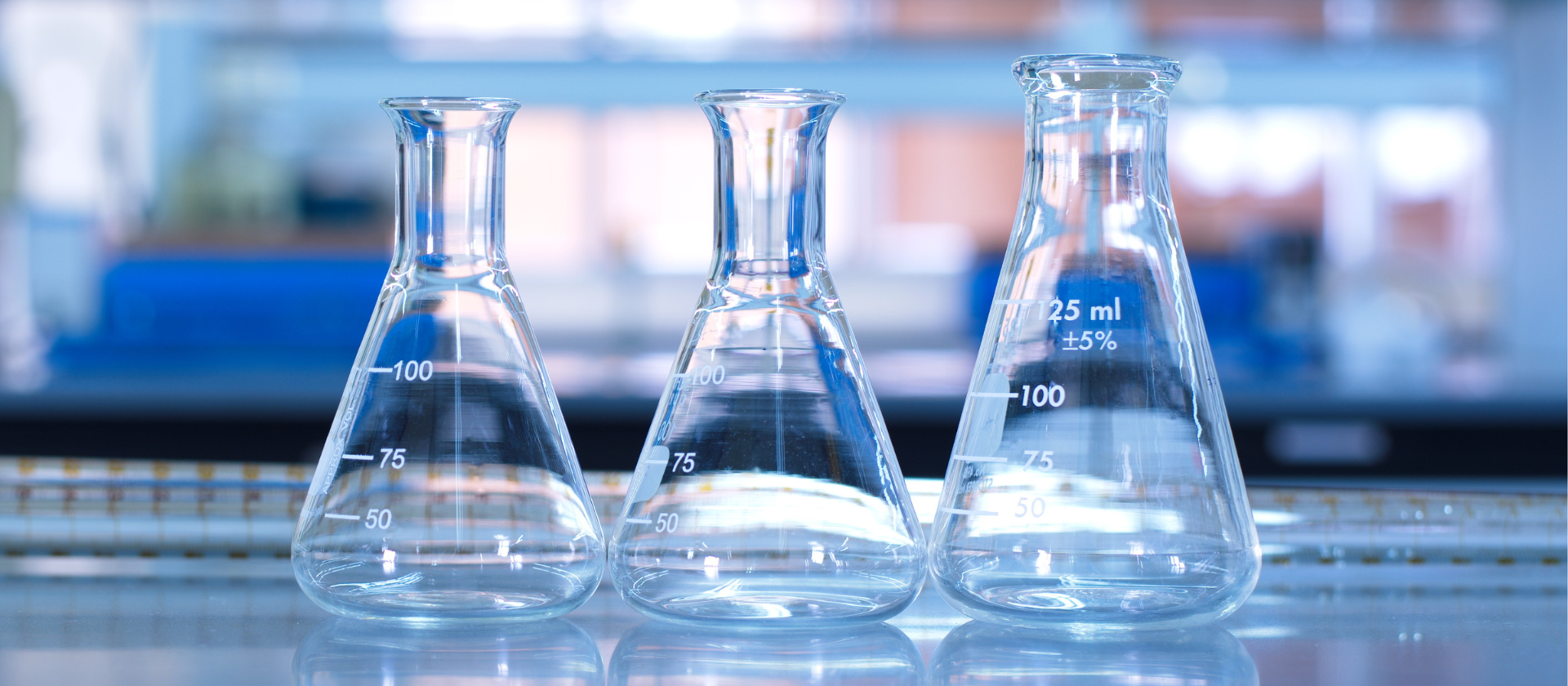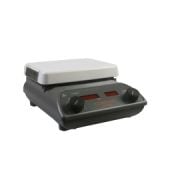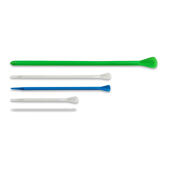Laboratory Glassware Care and Use Recommendations
Laboratory safety plans encompass every aspect of a lab’s function and processes. All potential safety precautions must be considered and addressed, from basic, overall operations to specific applications, to ensure proper protection and remediation are available if needed. This includes the safety and use of all laboratory equipment, large and small. Glassware is a smaller item common to many laboratories that must be evaluated as part of an effective safety plan.

Glassware Cleaning and Handling Procedures
The following list contains suggested methods for safely working with laboratory glassware.
1. Inspect glassware before each use and discard if scratched, chipped, cracked, or damaged in any way.
2. For cleaning, laboratory-grade washing machines may be used. Support racks in the washer must be well maintained. Support pins on the racks should be coated with a nonabrasive material to prevent scratching and metal-to-glass contact to extend the life of the glass.
3. If washing manually, use only plastic core brushes with soft, non-abrasive bristles. Soft, clean sponges or other wiping materials may be used. Do not use these brushes or wiping materials with abrasive cleaners. Scotch Brite and similar scouring pads will scratch glass and should not be used.
4. Many commercial glass cleaners are available and should be carefully considered. Follow the manufacturer’s directions for using these products with glass since some are corrosive and could be damaging.
5. Organic solvents are acceptable cleaning agents when conditions warrant their use.
Procedural Cautions
The following list contains common-sense cautions for working with glassware in the lab.
1. Do not place metal or other hard objects inside the glassware, such as spatulas, glass stirring rods, or brushes with metal parts. This will scratch the glass and cause eventual breakage and potential injury.
2. Do not use strong alkaline products and hydrofluoric acid as cleaning agents. They are glass dissolvers and can damage the glassware and eventually cause breakage, which can result in injury.
3. Do not use any abrasive cleansers, including soft cleansers, such as Ajax, comet, Old Dutch, or Soft Scrub, as these will scratch the glass and cause eventual breakage and potential injury.
4. Do not place hands inside glassware while wearing any jewelry, particularly diamond rings, as these will score the inside of the glassware and eventually cause breakage.
5. Do not heat glassware to temperatures >800°F needed to burn out carbon residues. This will result in the introduction of permanent stresses in the glass that will eventually cause the glassware to break, resulting in possible injury.
Heating Glassware
The following list contains suggested methods for safely heating laboratory glassware.
1. Use wire gauze to help hold the glass when heating over an open flame.
2. Use either low or medium-heat settings when using a hot plate. High hot plate settings will cause excessive localized heating of the glassware and eventually cause breakage and possible injury.
3. Do not heat glassware designated as heavy-duty unless recommended by the manufacturer. Even though these items have added mechanical strength, they are more susceptible to breakage from thermal shock when heated.
4. Do not allow the contents of the container to boil dry, as this may induce permanent stresses that will eventually cause breakage. Discard containers that have been boiled dry.
5. Do not evacuate or pressurize unless recommended in the glassware manufacturer's user manual.
Abrasives & Impact
To avoid serious and personal injury, avoid abrasions when working with glassware. An abrasion reduces the strength of glass, making it more susceptible to breakage under impact and/or thermal shock.
Thermal shock may result from sudden changes in temperature or use on either a burner or hot plate. Serious injuries could result if breakage occurs while glass holds heated and/or corrosive liquid.
Glassware will also break as a result of an impact. Use care when handling to avoid impacting hard objects, such as spigots, other glassware, or countertops.
Other Notes
When cleaning or using centrifuge tubes, RCF values can be significantly reduced if the glass tubes have been scratched or otherwise physically compromised. This results in surface damage and lowered glass strength.











